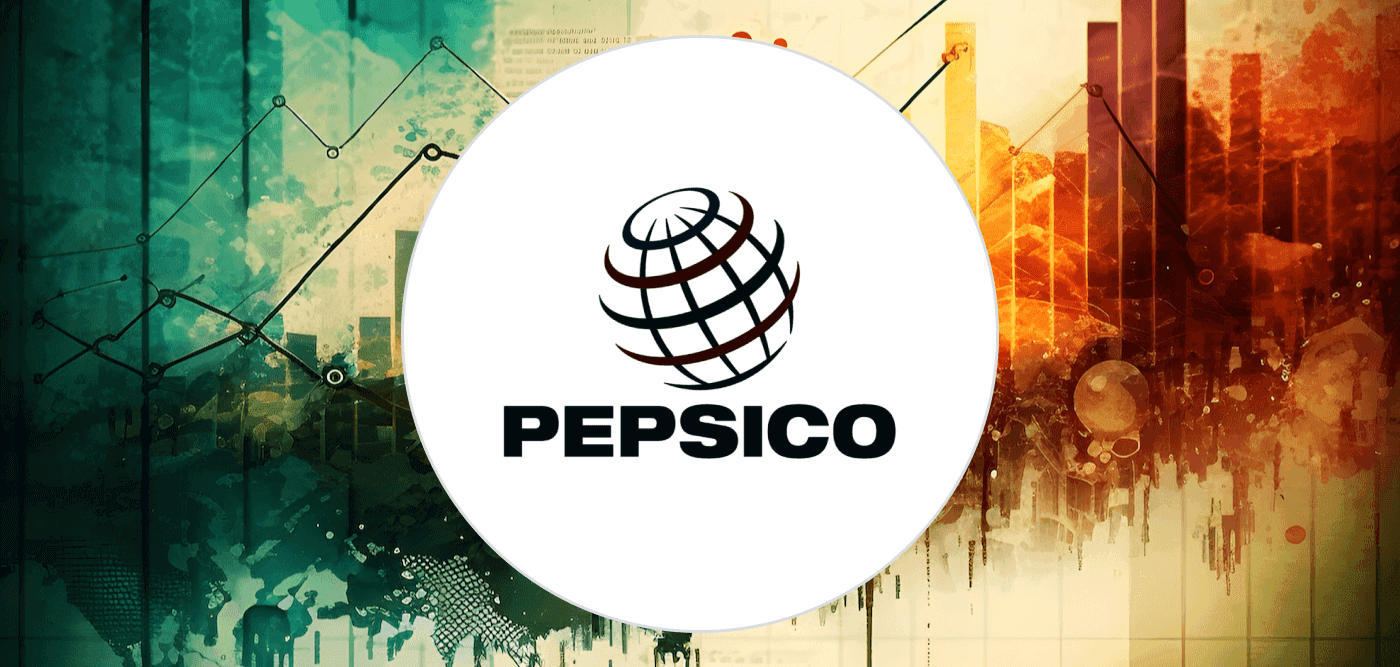PepsiCo Inc. | Stock Analysis - Strengths, Weaknesses, and History
The strengths and weaknesses of PepsiCo Inc.'s business model and its history as a food and beverage company.

PepsiCo Inc. (PEP) Company Profile
PepsiCo Inc. is a global food and beverage company that offers a wide range of products, including carbonated and non-carbonated beverages, snacks, and other food products. The company is best known for its Pepsi-branded soft drinks, but it also has a strong presence in the snack food market through its Lay's, Doritos, and Cheetos brands.
One of the key strengths of PepsiCo's business model is its diversified product portfolio. The company offers a wide range of products in various categories, which helps to mitigate the risk of reliance on any single product or category. This diversification has also helped the company achieve strong financial performance, as the company has consistently delivered strong revenue and earnings growth over the past several years.
Another strength of the company is its strong brand and reputation. PepsiCo has a long history of success in the food and beverage industry and is known for its iconic brands, which have a strong presence in markets around the world.
In terms of financial performance, PepsiCo has a strong balance sheet, with a debt-to-equity ratio that is lower than many of its peers in the food and beverage industry.
Overall, PepsiCo, Inc. is a well-established and financially strong company with a diversified product portfolio and strong brands. These factors make it an attractive option for investors.
Strengths of PepsiCo's Business Model
PepsiCo, Inc. has several strengths in its business model that have contributed to the company's success.
One of the key strengths of the company's business model is its diversified product portfolio. PepsiCo offers a wide range of products in various categories, including carbonated and non-carbonated beverages, snacks, and other food products. This diversification helps to mitigate the risk of reliance on any single product or category and has contributed to the company's strong financial performance.
Another strength of the company's business model is its strong brand and reputation. PepsiCo has a long history of success in the food and beverage industry and is known for its iconic brands, which have a strong presence in markets around the world. This strong brand has helped the company attract and retain a loyal customer base.
In addition to these strengths, PepsiCo has a focus on innovation and has consistently introduced new and innovative products to the market. This focus on innovation has helped the company maintain a competitive advantage and attract new customers.
Overall, PepsiCo's business model has several strengths that have contributed to the company's success, including its diversified product portfolio, strong brand and reputation, and focus on innovation.
Weaknesses of PepsiCo's Business Model
Like any company, PepsiCo, Inc. has some weaknesses in its business model that may present challenges or opportunities for improvement.
One potential weakness of the company's business model is its reliance on the food and beverage industry, which is subject to changing consumer preferences and trends. This can impact the company's sales and financial performance if consumer demand for its products decreases.
Another potential weakness is the company's reliance on a few key brands for a significant portion of its revenue. While the company has a diversified product portfolio, a few brands, such as Pepsi and Lay's, contribute significantly to its overall revenue. This reliance on a few key brands may increase the company's risk if any of these brands face challenges in the market.
Overall, while PepsiCo has several strengths in its business model, the company may face challenges related to changing consumer preferences, reliance on a few key brands, and the inherent uncertainty of the product development process.
PepsiCo's Company History
PepsiCo, Inc. is a global food and beverage company with a long and successful history. The company was founded in 1898 as the Pepsi-Cola Company by Caleb Bradham, a pharmacist and inventor. Throughout its history, PepsiCo has achieved several major milestones:
• In the early 1900s, the company introduced its iconic Pepsi-Cola brand, which quickly became popular and helped the company expand its operations.
• In the 1950s, the company diversified its product portfolio to include snack foods, with the acquisition of Frito-Lay, Inc. This acquisition helped the company enter the snack food market and laid the foundation for its current diversified product portfolio.
• In the 1960s, the company expanded its international presence, with the establishment of operations in Canada and Europe.
• In the 1970s, the company introduced several new products, including Diet Pepsi and Mountain Dew, which became popular and helped the company achieve strong growth.
• In the 2000s, the company continued to expand its product portfolio and entered new markets, including the health and wellness sector.
Throughout its history, PepsiCo has consistently demonstrated strong financial performance and has consistently delivered double-digit earnings growth. The company has also maintained a strong balance sheet, with a debt-to-equity ratio that is lower than many of its peers in the food and beverage industry.
In addition to its financial success, PepsiCo has made efforts to focus on sustainability and corporate responsibility. In the 2010s, the company set several sustainability goals, including reducing its environmental impact and promoting healthier products. The company has made progress in these areas and has received recognition for its sustainability efforts.
Overall, PepsiCo Inc. has a long and successful history as a global food and beverage company, with a track record of growth and innovation. The company has achieved several major milestones and has consistently demonstrated strong performance and a commitment to sustainability.
